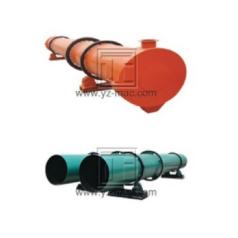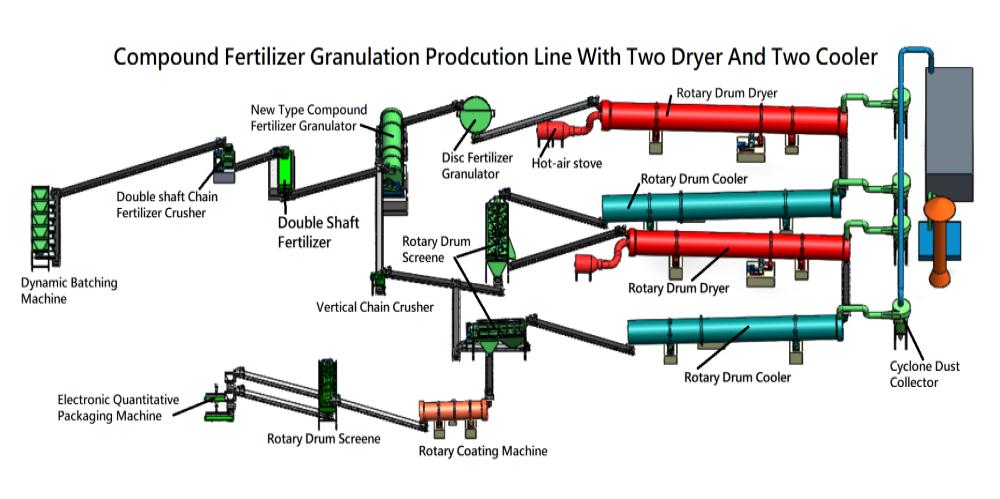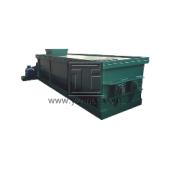commercial compost
Commercial compost is a type of compost that is produced on a larger scale than home composting. It is typically produced using specialized equipment and techniques, and may be used in a variety of settings, such as agriculture, horticulture, landscaping, and gardening.
Commercial composting involves the controlled decomposition of organic materials, such as food waste, yard waste, and agricultural byproducts, under specific conditions that promote the growth of beneficial microorganisms. These microorganisms break down the organic material, producing a nutrient-rich compost that can be used as a soil amendment or fertilizer.
There are several benefits to using commercial compost, including improved soil fertility, increased water retention, and reduced need for chemical fertilizers and pesticides. Additionally, commercial composting helps to reduce the amount of organic waste sent to landfills, which can reduce greenhouse gas emissions and help to mitigate climate change.
Commercial compost can be purchased from a variety of sources, including composting facilities, garden centers, and landscaping supply stores. It is important to ensure that the compost has been properly produced and tested to ensure it is safe for use, and to consider factors such as the nutrient content, moisture content, and particle size when selecting a commercial compost product.







